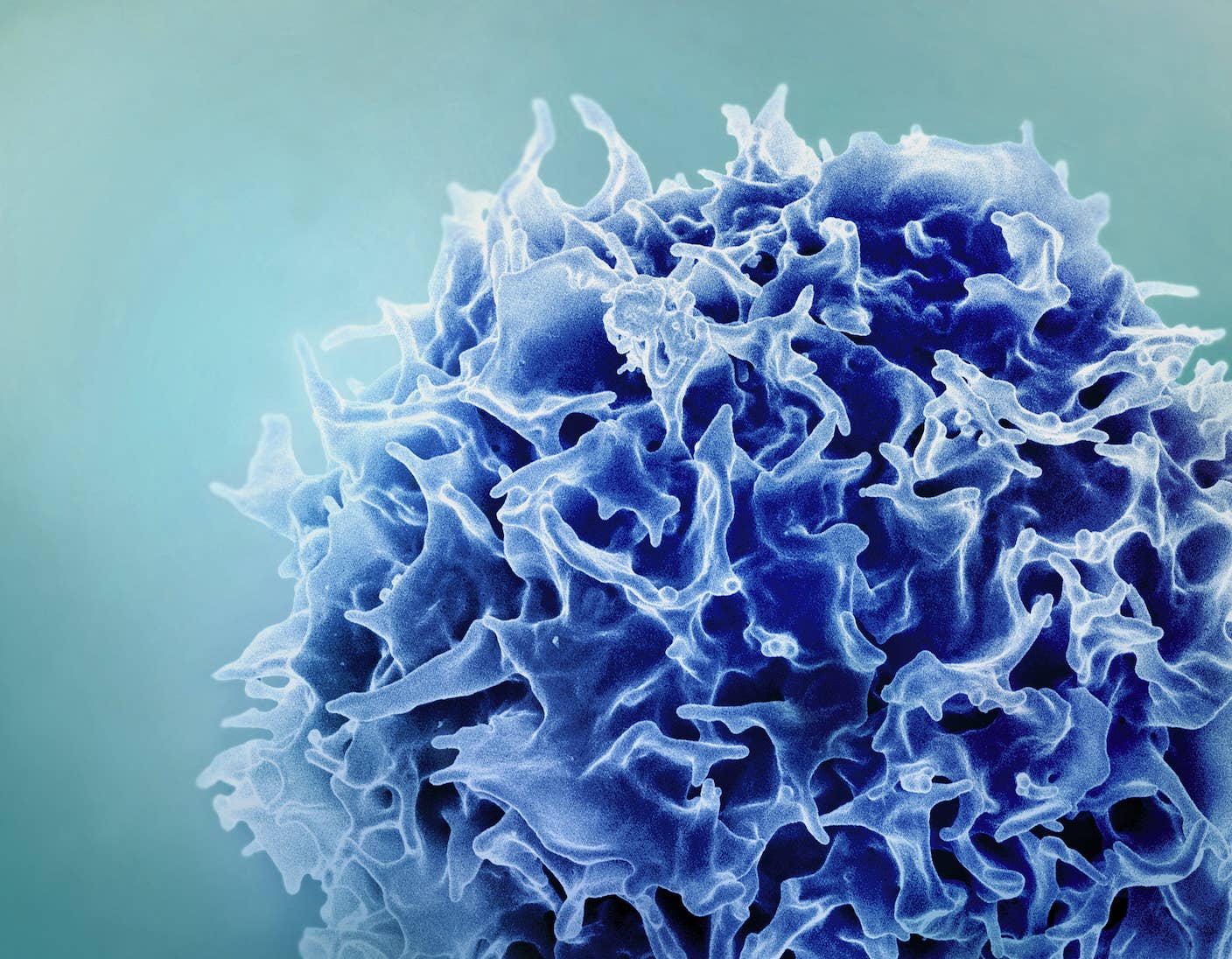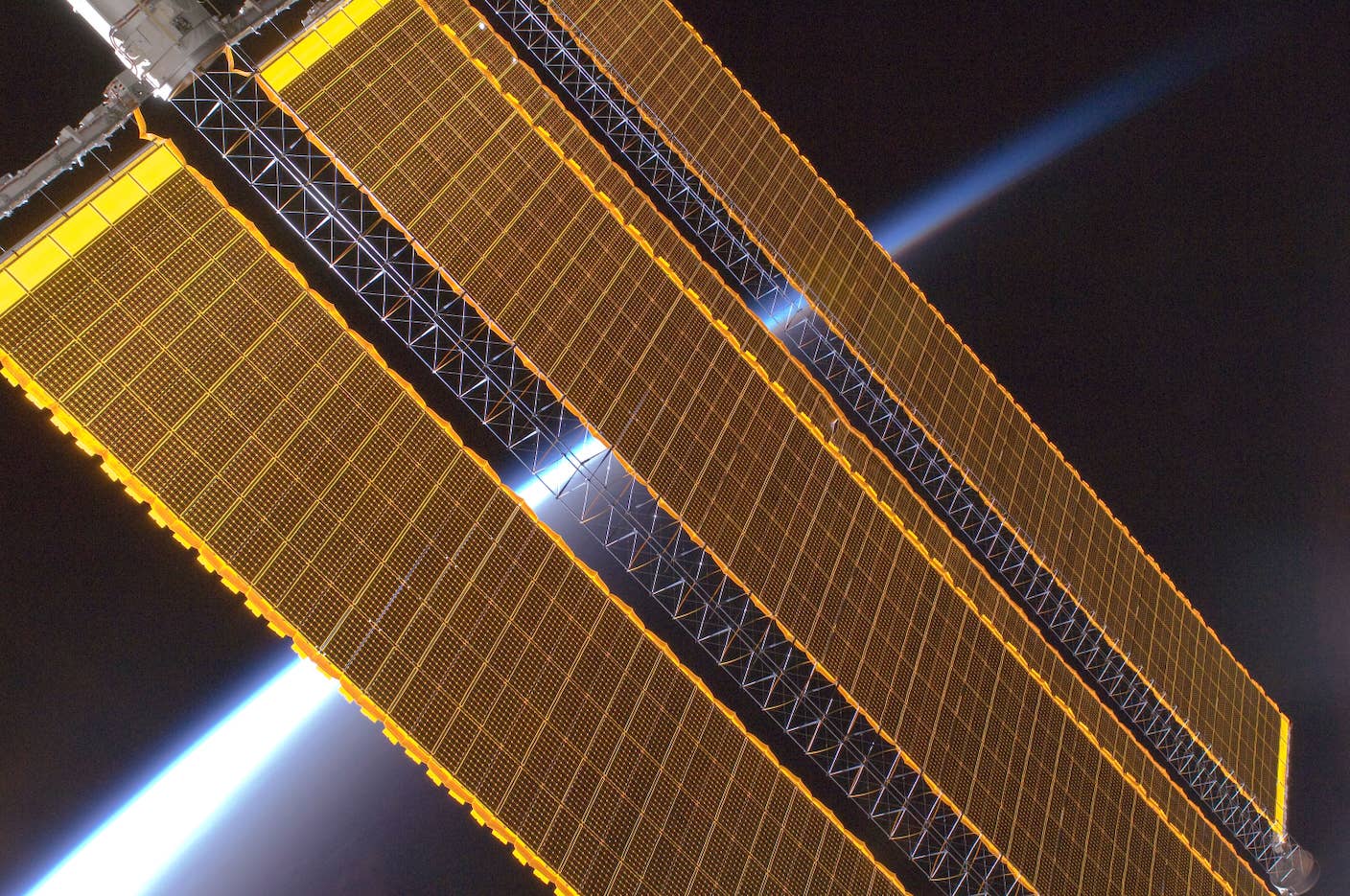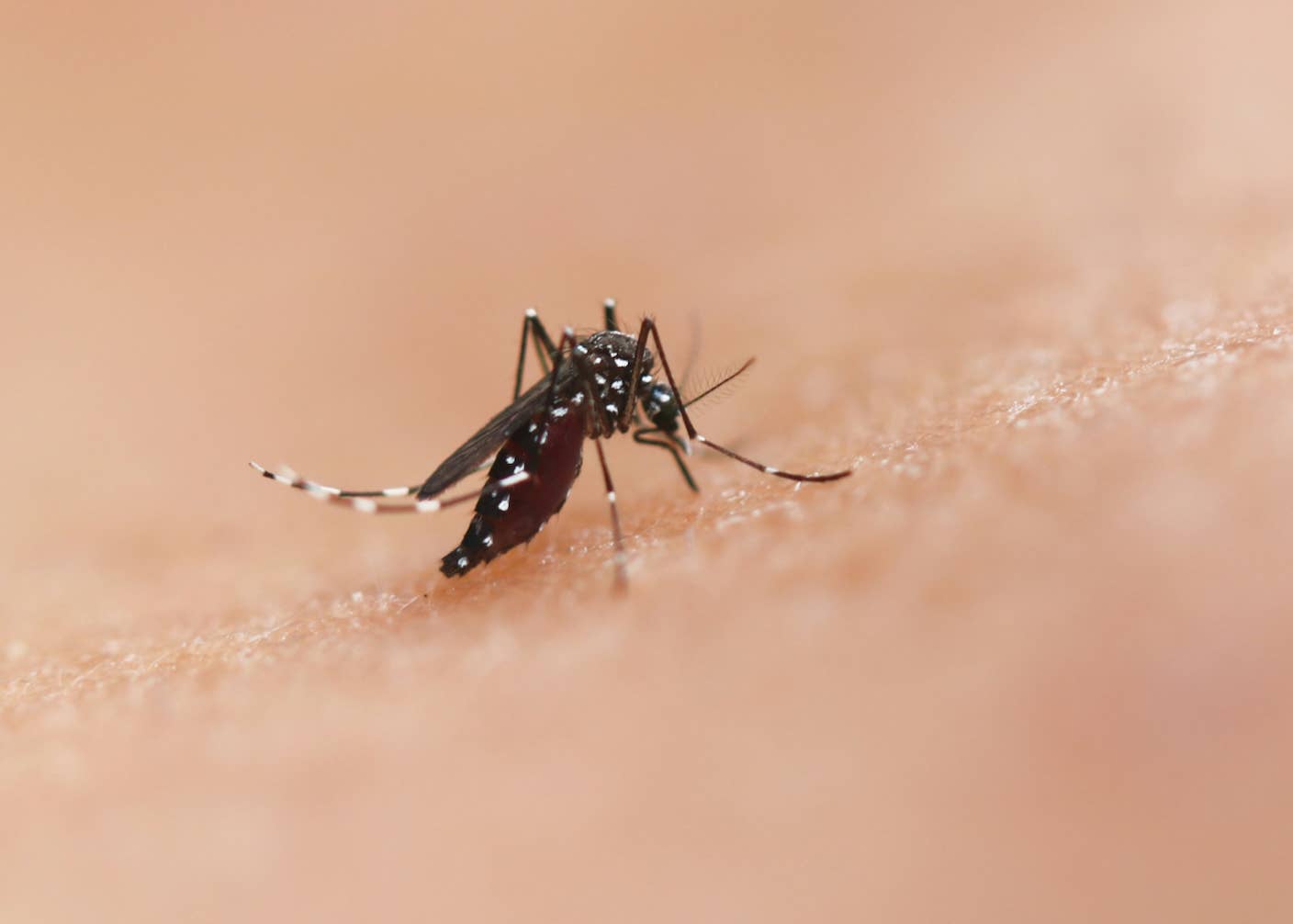In the Future, Our Favorite Animal Products Will Be Animal-Free

Share
A couple years ago, a friend told me he didn’t eat meat because he believed that in the future advanced AI would learn from us and treat humans the way we had treated less powerful species. He said he didn’t want to give AI any reason to treat him the way most humans treated the animals we ate.
He was sort of kidding…but he also wasn’t.
In the past, we relied on animal products to survive — their fur kept us alive during painfully cold weather that might have otherwise killed us, and we relied on their milk, meat, and eggs for sustenance.
But as a result of the way we’ve scaled animal production, we’re causing more harm to our own bodies and our environment than we used to.
And scientists are finding animals are conscious in much the same way humans are — but we’re still treating animals as a commodity. We cage them, inject them with growth hormones, and mutilate their bodies in the name of getting a burger or a handbag.
So, whether you’re scared of how future AI will judge your choices or you just know there must be a better way, check out these startups who want to change the way you consume animal products in the future.
Memphis Meats
Memphis Meats grows beef, pork, and poultry without the animals. Their process begins with animal stem cells fed on oxygen, sugar, and minerals. Over a couple weeks, these cells develop into skeletal muscle in a bioreactor. Though their cell cultures are supposed to taste just like animal meat, don’t expect them in the grocery store just yet. These meatballs are still too expensive. But as the technology gets better, the price will fall, and they’ll become commercially available.
New Wave Foods
According to Dominique Barnes, CEO of New Wave Foods, “Shrimp is the number one consumed seafood in the US, and it’s also the king of all the problems.”
If you think we’re wasting too many resources on raising cows — shrimp has a carbon footprint ten times greater than beef. Not to mention that two years ago, the Guardian revealed much of the shrimp consumed in North America, Europe and Japan was the product of slave labor in the Thai shrimp industry.
The founders of New Wave Foods saw the problems with seafood and set out to supply the world with a new kind of seafood: ethical, sustainable and delicious.
Unlike Memphis Meats, where the lab-grown meat actually comes from cow stem cells, these shrimp substitutes are grown from plant proteins and algae. But they still have similar taste, texture, and nutrients.
Be Part of the Future
Sign up to receive top stories about groundbreaking technologies and visionary thinkers from SingularityHub.


Modern Meadow
Modern Meadow uses bioengineered collagen producing cells to create leather products. The company recently announced a $40 million Series B funding round and plans to roll out samples for industry partners in fashion, sports, automotive, and luxury goods.
According to Modern Meadow, biofabricated leather would reduce waste by 80% because it can be tailor-made according to the size and shape customers require and would use less land, water, and energy. Meanwhile, the process does without some of the harsh chemicals used to make traditional leather because their product lacks hair and fat.
Gelzen
Tons of food, medicines, and cosmetics rely on gelatin. Gelzen wants to make animal-free gelatin similar to the way we produce beer or insulin — by harnessing microbes to make it.
Here’s how Gelzen founder Alex Lorestani, describes the process:
“Rather than dumping animal scraps into acid or alkaline baths to extract collagen, we took the collagen building machinery of animals and moved it into microbes. We can produce gelatin at a massive scale, eliminate the risk of pathogens, precisely engineer key properties, and greatly improve resource efficiency.”
Willow Cup
Willow Cup, still in its early prototype stages, has set out to create new type of dairy product made from plant proteins that taste just like dairy products — unlike milks made from nuts or other substitutes. Their first products will focus on foams, froths, and creamers. The NIH reports that 90% of adults of East Asian descent are lactose intolerant and lactose intolerance is also very common in people of West African, Arab, Jewish, Greek, and Italian descent.
We can’t really know how our descendants — human or machine — will judge us. But even so, there are so many reasons (from our health to the health of the planet) that compel us to move towards a world where we get to have our meat and save the animals too.
Image Credit: Shutterstock
Sveta writes about the intersection of biology and technology (and occasionally other things). She also enjoys long walks on the beach, being underwater and climbing rocks. You can follow her @svm118.
Related Articles

Single Injection Transforms the Immune System Into a Cancer-Killing Machine

Data Centers in Space: Will 2027 Really Be the Year AI Goes to Orbit?

New Gene Drive Stops the Spread of Malaria—Without Killing Any Mosquitoes
What we’re reading